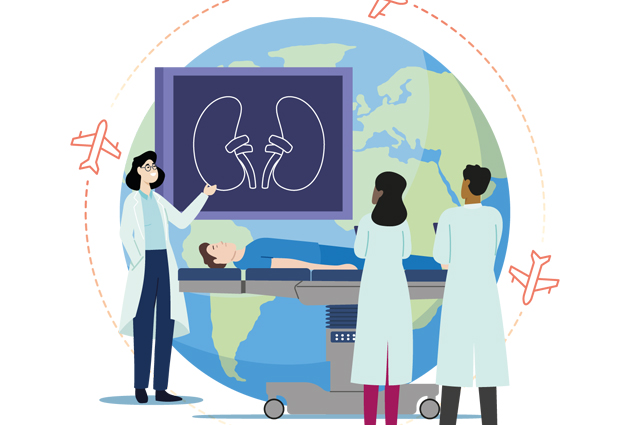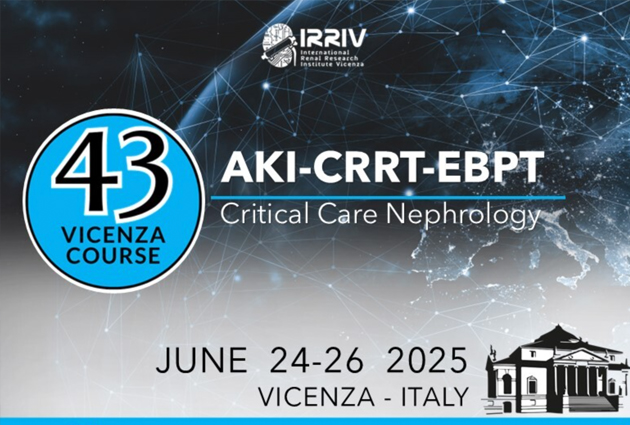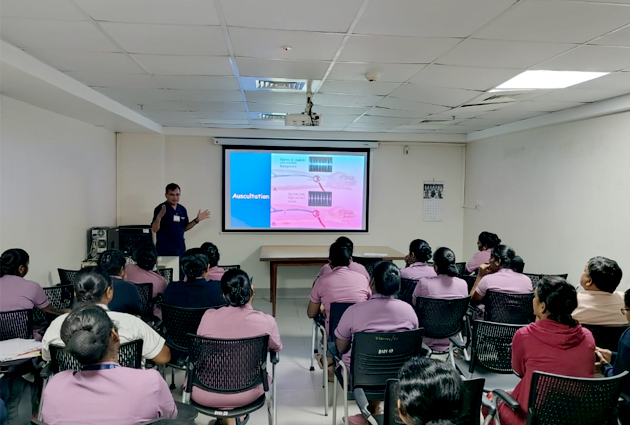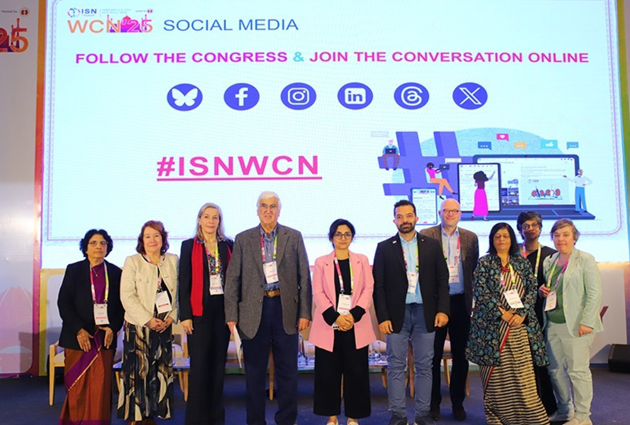Infections and Infection Diagnostics in Kidney Transplant Patients: ISN Frontiers Meeting-New Delhi Co-chair, Chih-Wei Yang, Presents Highlights From Day Four of the Scientific Program on Kidneys and Infections
The ISN Frontiers Meeting on bi-directional relationships between infections and kidney diseases will take place in New Delhi, India, from September 22-25, 2022.
Register for the meeting here.
We asked Frontiers Meeting New-Delhi Co-Chair Chih-Wei Yang to tell us about day four of the program:
What can delegates expect from sessions on day four? Can you say something about their relevance to health practitioners?
The first session of the day, “Life on the Razor’s Edge: infections in kidney transplant recipients,” is very important as it examines infections clinicians routinely have to deal with in transplant patients.
All attendees will benefit from the presentations in this session: Camille Kotton (USA) will give a talk on diagnosing, preventing, and treating infections, Graham Paget (South Africa) will present on kidney transplants in recipients with chronic viral infections, and Thomas Mueller (Switzerland) will discuss potential future therapies for viral infections in such patients.
The second half of the program is on infection diagnostics:
John Cijiang He (USA) will present on molecular diagnosis, Katherine Plewes (Canada) will discuss the impact of malaria, Ali Omrani (Qatar) will address multi-drug resistant infections, and Peter Blankestijn (Netherlands) will give a talk on green healthcare in nephrology.
By the end of this session, attendees will be familiar with modern technology, point-of-care testing, and novel diagnostic methods to deal with challenging diagnostic situations.
What session are you particularly looking forward to, and why would you encourage nephrologists to attend?
“Molecular Diagnosis of Viral Nephropathy.” The speaker, John Cijiang, will provide examples of diagnosing three major viral nephropathies: HIV nephropathy, COVID-19 nephropathy, and hepatitis-C nephropathy.
I would encourage all to attend this important lecture to be familiar with the newly developed molecular diagnosis technologies, which will help us better define and diagnose viral nephropathy.











